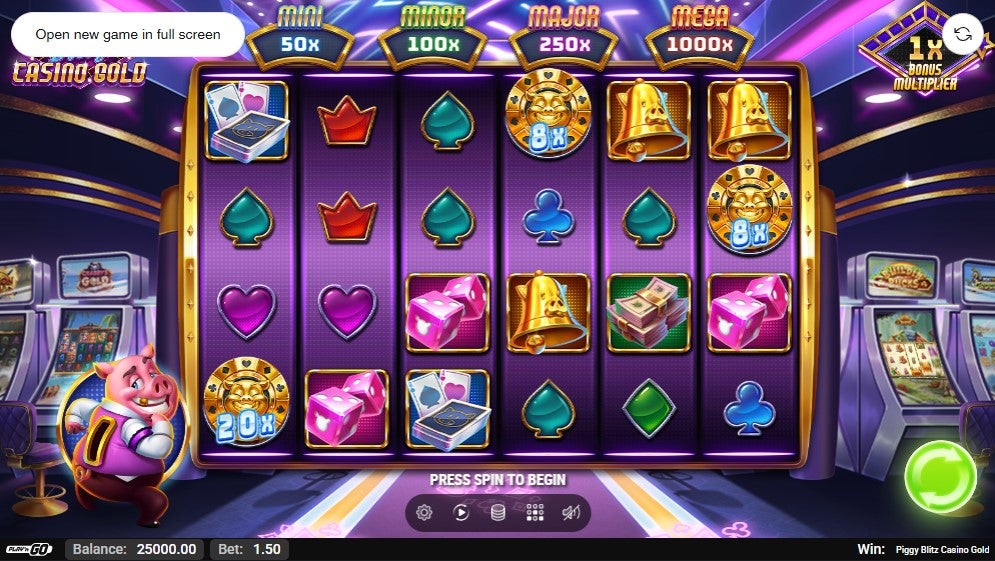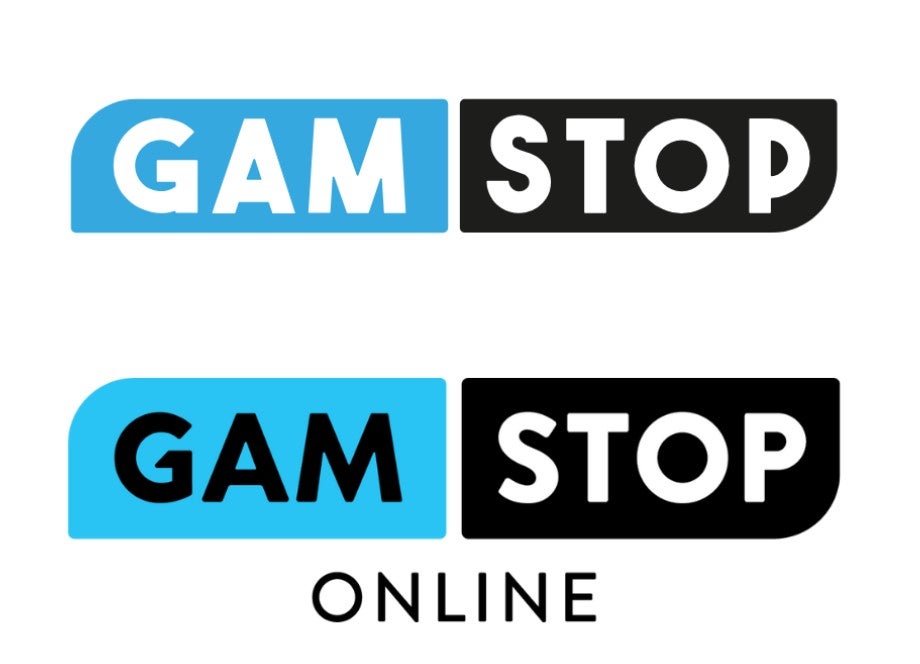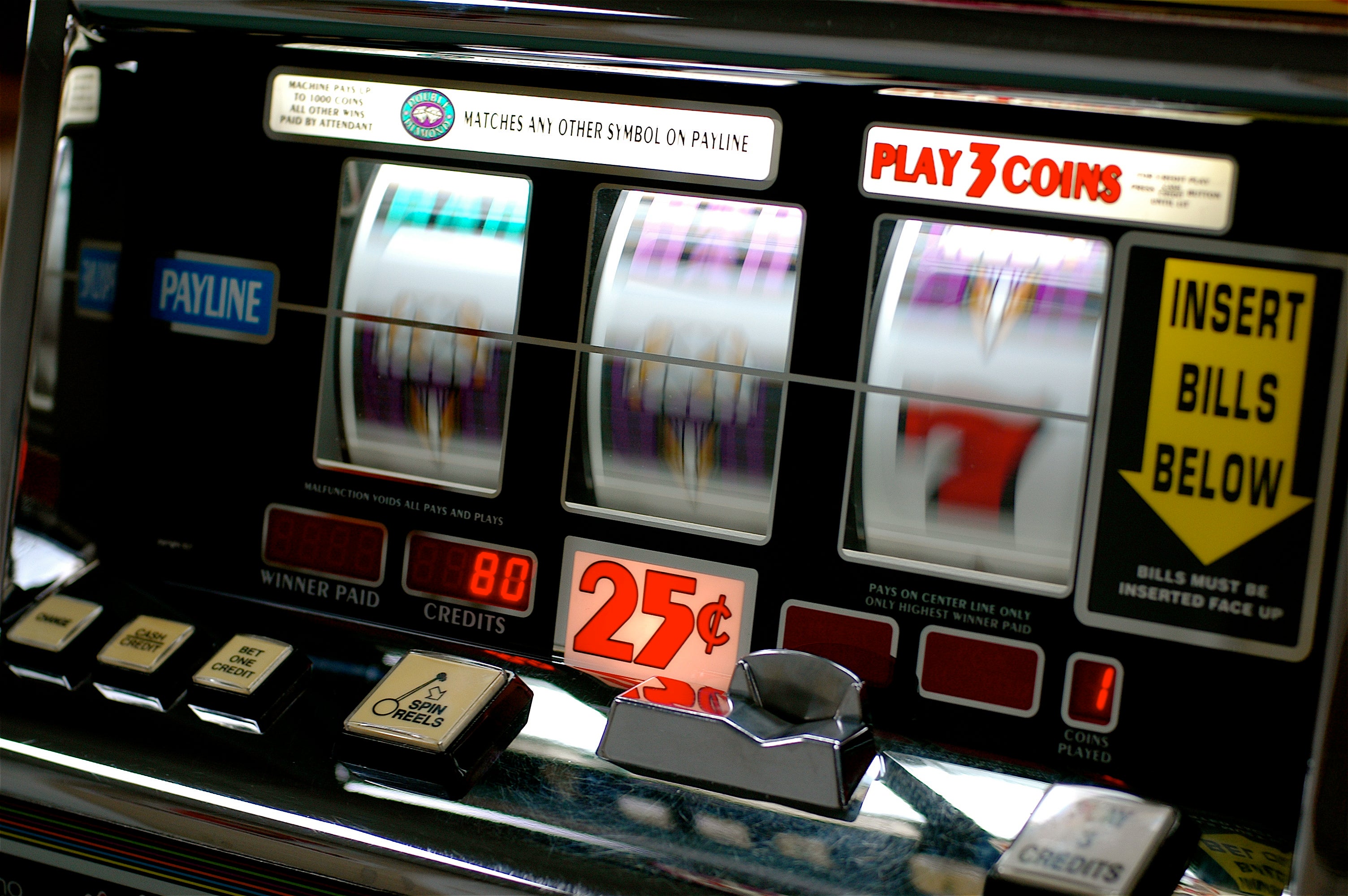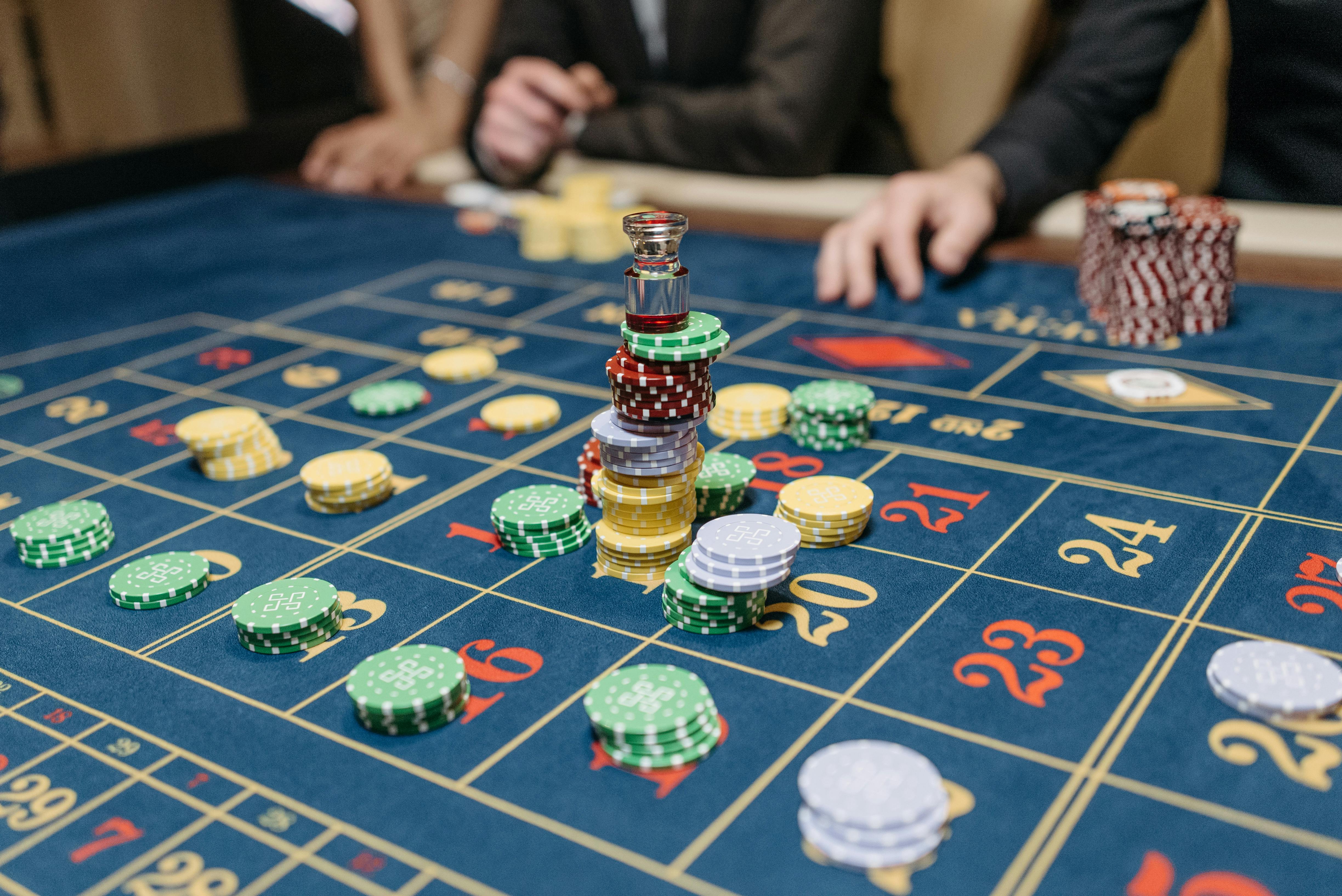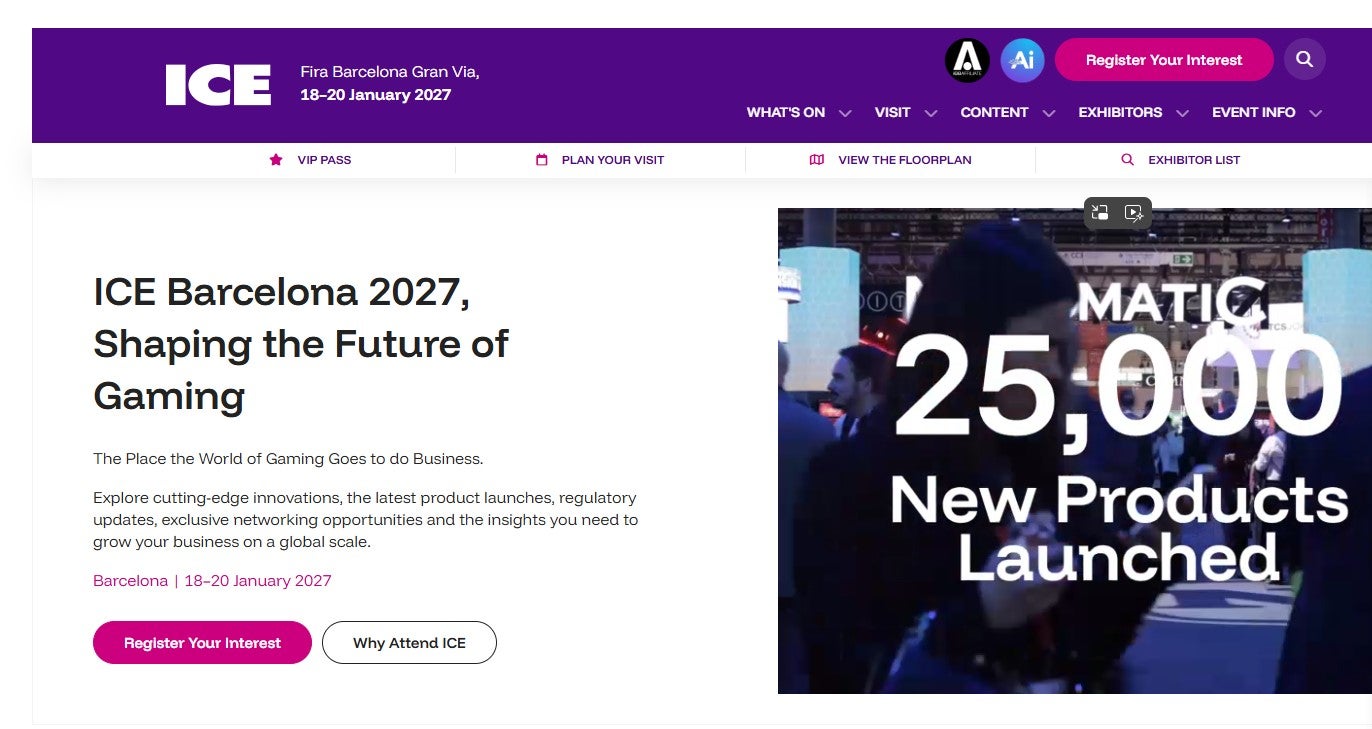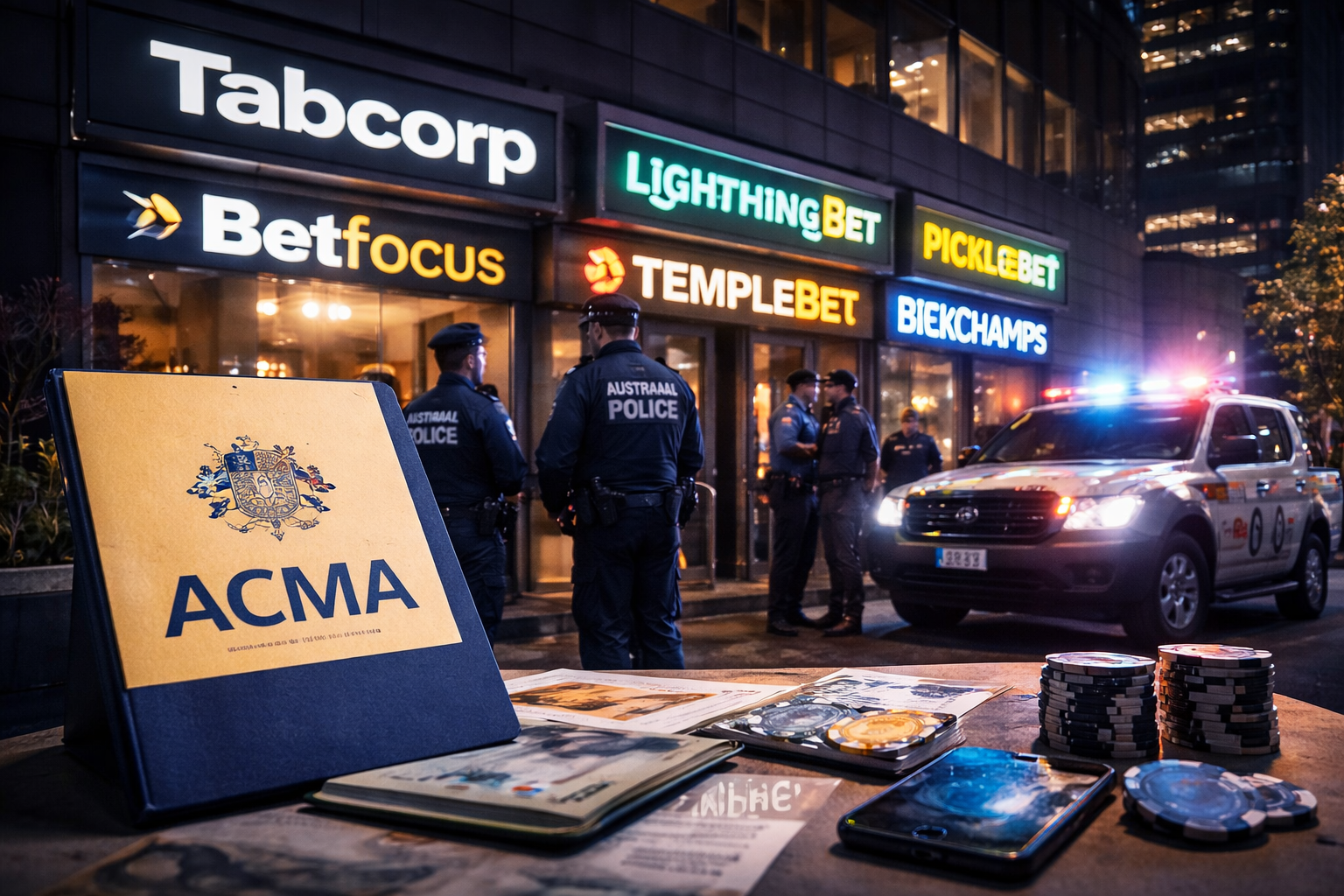More social casinos banned from Utah
Gaming analyst and attorney Daniel Wallach on Sunday highlights 12 recent lawsuits that were submitted in a Utah federal court.
Among the companies listed were nearly all of the top online sweepstakes casino operators, including A1 Development, ARB Gaming (Modo.us), B2Services (McLuck), Baba Entertainment (Baba Casino), Blazesoft (Zula and Sportzino), FSG Digital, KHK Games, KICKR Games, Play Spree (Spree Casino), Stake.us, Sunflower Ltd. (Crown Coins), and VGW (Chumba Casino and Luckyland Slots).
Those operators join three others, FSG Digital (jefebet), Money Factory and Yellow Social Interactive (Pulsz), who were named in class-action suits last week.
According to Utah Code § 76-10-1113, anyone who loses money or property to an illegal gambling operator may sue to “recover twice the amount of the economic loss, and reasonable attorney fees and costs of suit.”
Utah’s laws also do not strictly define gambling. The broad interpretation works to help restrict the gambling market and enforce punishment against parties found guilty of violating the state’s laws.
“‘Gambling’ means risking anything of value upon the outcome of a contest, game, gaming scheme, or gaming device when the return or outcome is based upon an element of chance,” states Utah Code § 76-10-1101(4)(a).
The industry hits back at social casinos
Despite the actions of Utah’s enforcers, sweepstakes casino operators and proponents of social gaming argue that their platforms do not constitute gambling.
Social casinos operate on a dual-currency system, with which customers can, but are not required, to purchase “sweeps coins” to participate in online casino games. Customers can also purchase gold coins, allowing them to play more games and unlock prizes such as items, gift cards, and more coins.
Roughly 50 class-action lawsuits against sweepstakes casinos were filed nationwide in July. That number is up to 80 as of the end of October, and there are now more than 100 active suits thanks to Utah’s regulators.
Sweepstakes casinos frequently include arbitration clauses in their terms and conditions, which have often led to them being remanded to lower courts, sent to arbitration, or dismissed entirely.
A recent Google update effectively sided against the social casino gaming industry. The new change requires “online gambling games played with virtual currencies or items that have real-world value” to follow the same advertising regulations as licensed casino operators. It also closed a loophole exploited by social casinos.




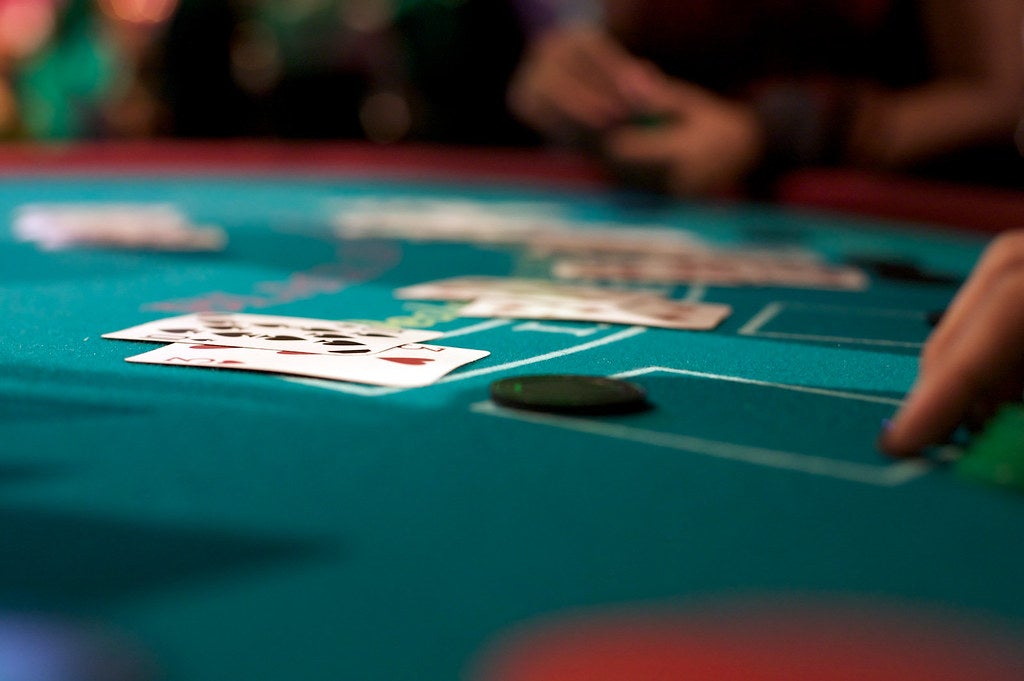



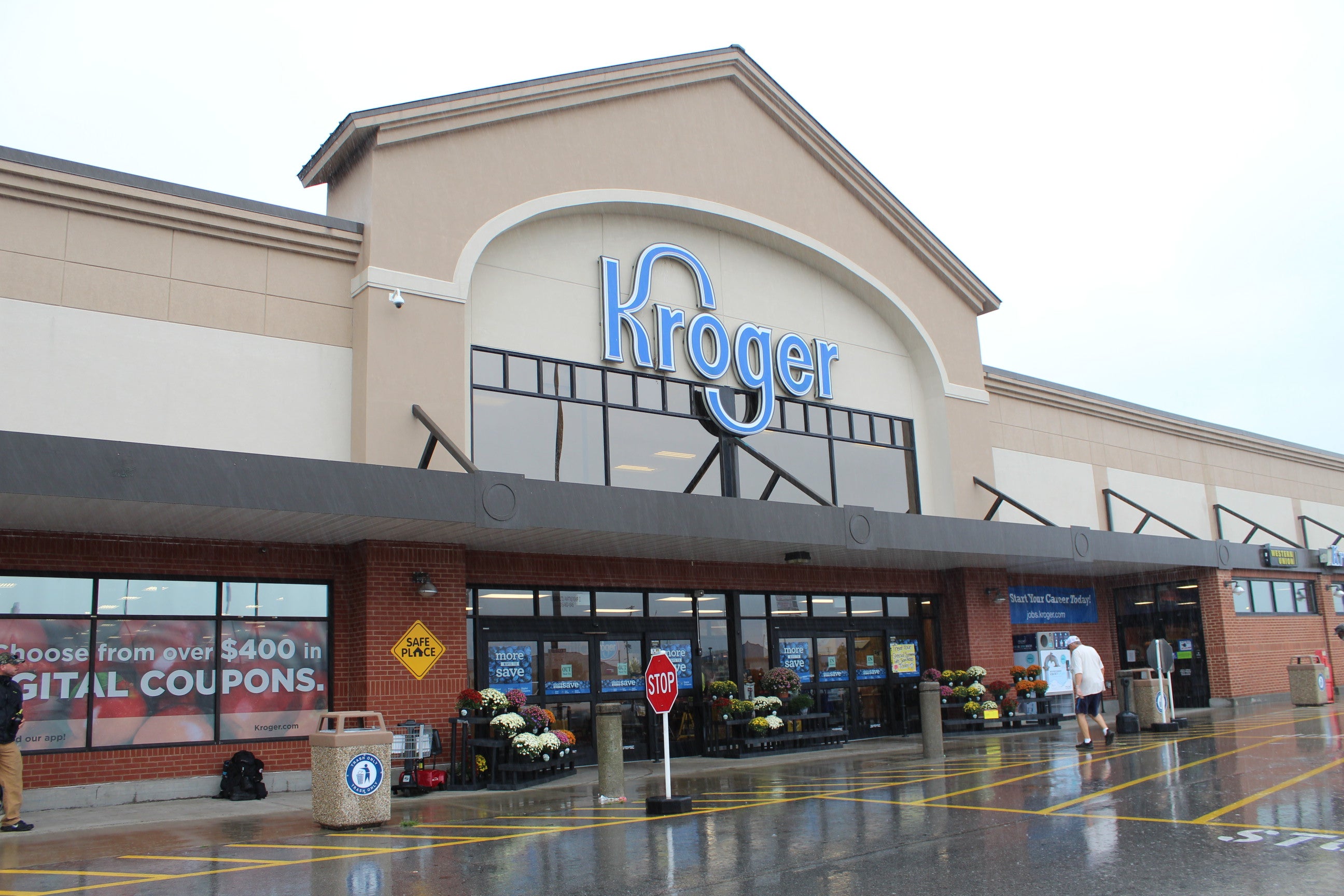

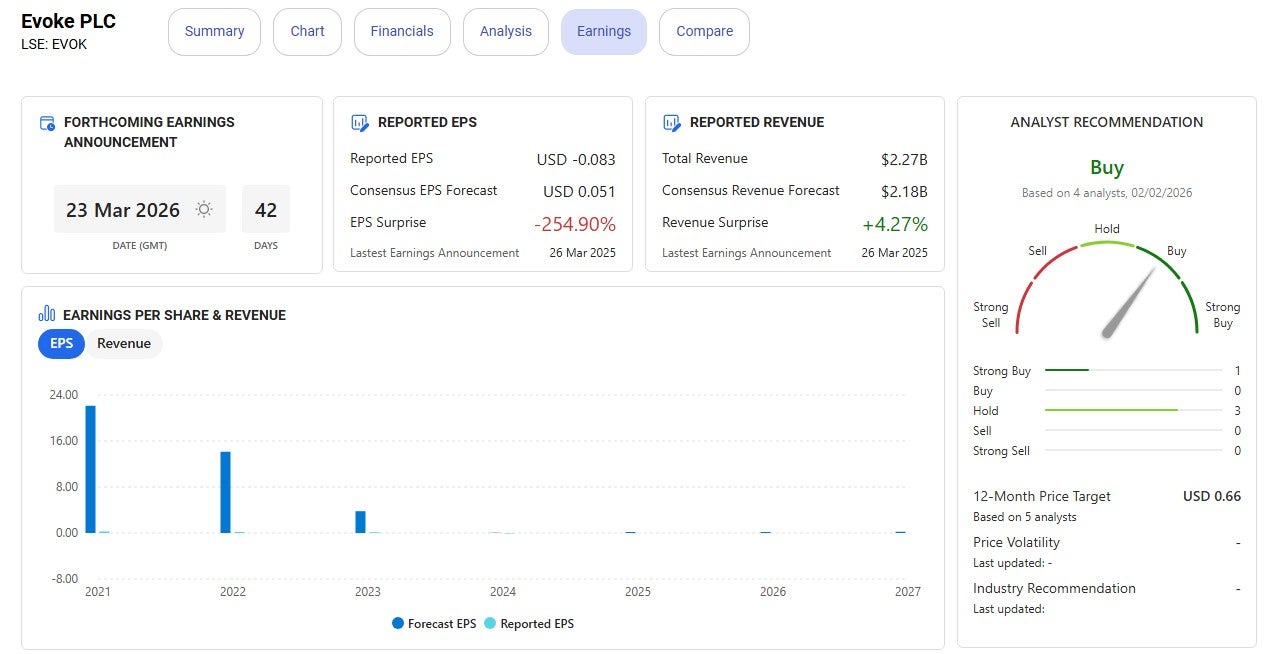

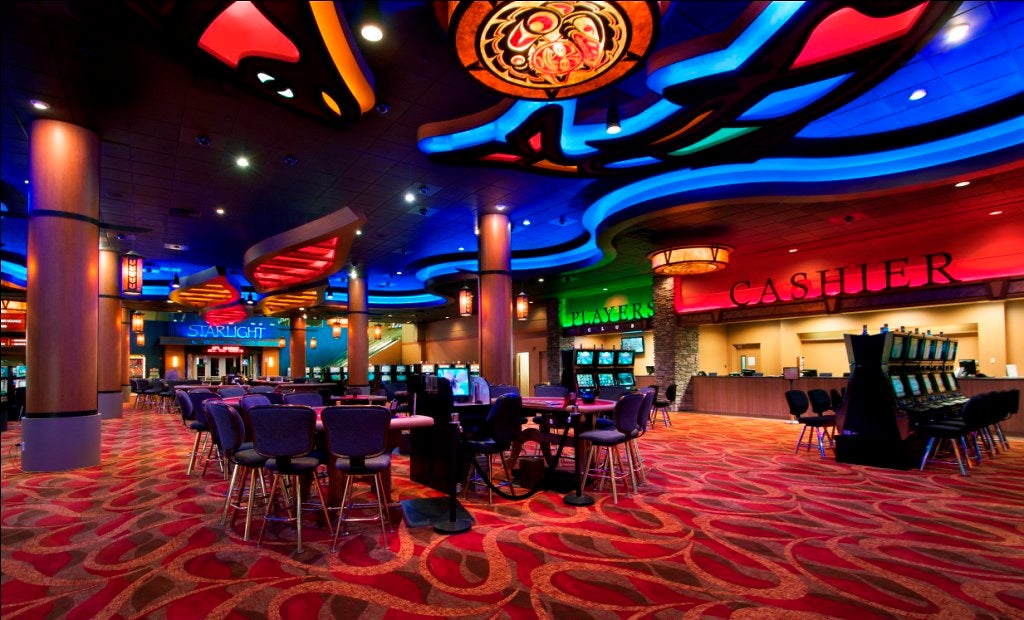
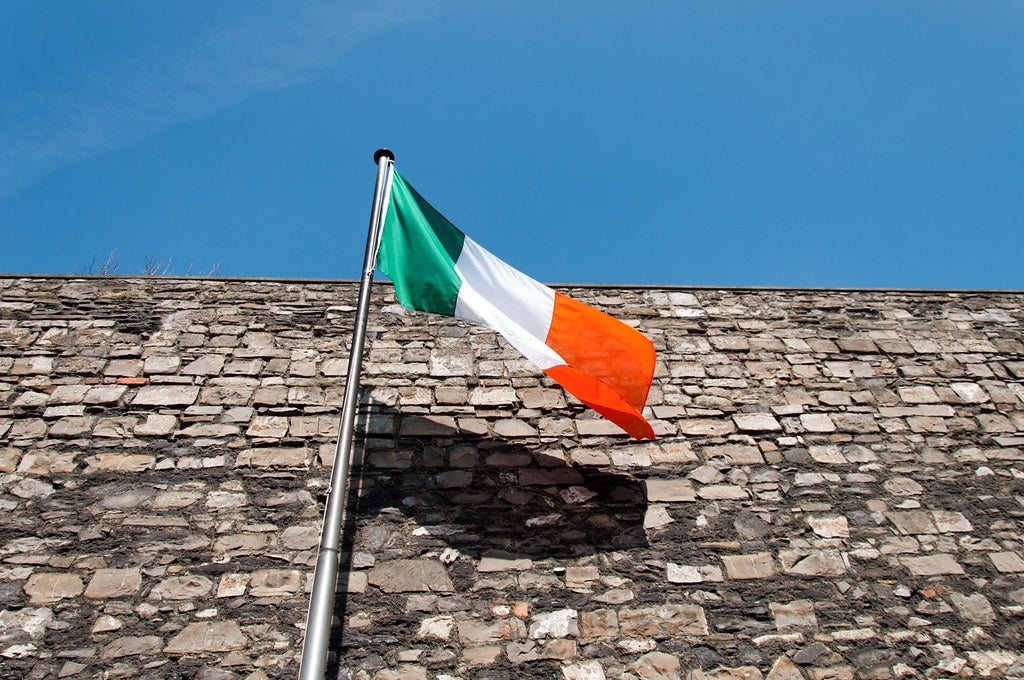

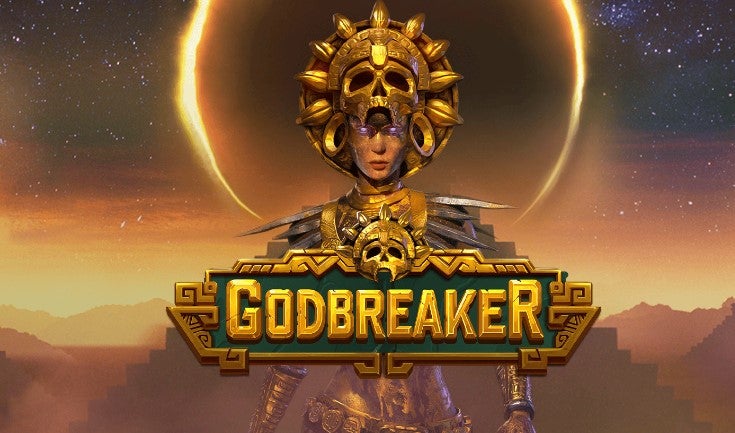

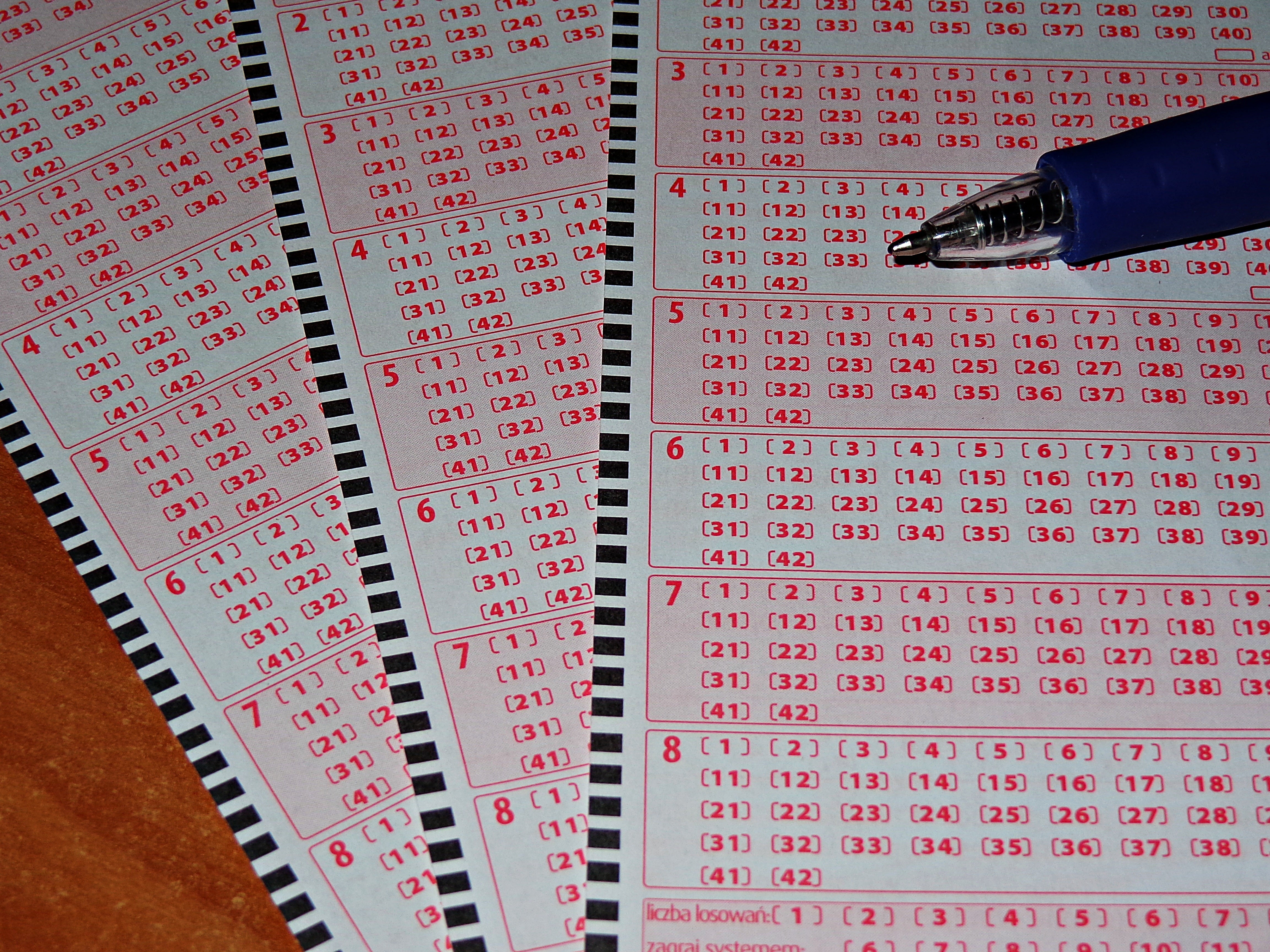
.jpg)



